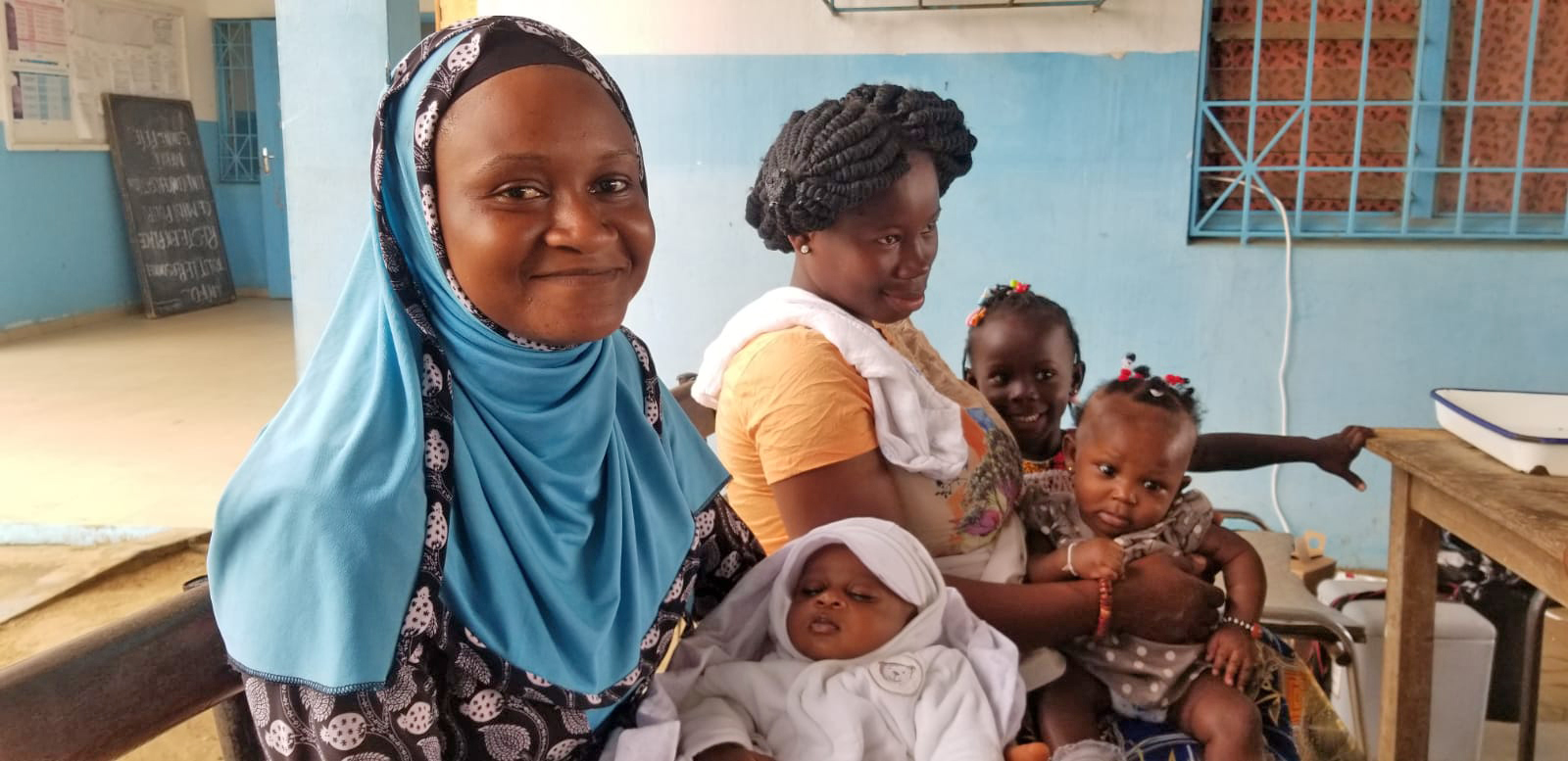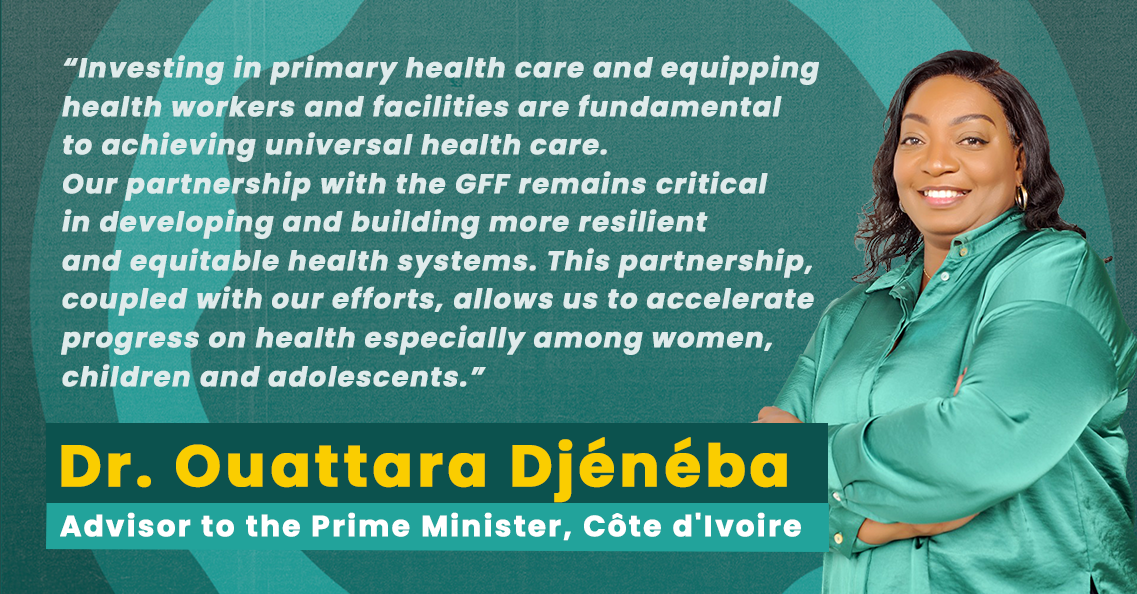How GFF partner countries are building equitable health systems

Multiple health and economic crises have eroded progress in health. Those who have been hit hardest are low-income communities and the most vulnerable women, children and adolescents. Every two minutes, a woman dies during pregnancy or childbirth. A child or youth died once every 4.4 seconds and 1.9 million babies were stillborn in 2021. Behind these numbers are millions of children and women who have been denied their basic rights to health.
Equity must be at the heart of efforts to build more resilient health systems so that most vulnerable and marginalized able to have access to the services they need. With GFF support, several countries are making health services more accessible and affordable to women, children and adolescents in the most at-risk communities.
In Mozambique, the government prioritized reforms to improve the availability of drugs and essential medical supplies in health centers, especially in hard-to-reach areas. Through the GFF’s supply chain partnership with the Bill & Melinda Gates Foundation, MSD for Mothers, and the UPS Foundation, supply chain experts worked closely with Mozambique’s Central Medicine Authority (CMA) in collaboration with Africa Resource Centre, VillageReach, and Project Last Mile to develop innovative solutions to medical stock outs. The partners supported CMA to outsource the last-mile distribution to private operators to deliver life-saving drugs to remote communities, improve warehousing and build capacity in supply chain management.
Cote d’Ivoire’s government scaled up investments in primary health care while ensuring services became affordable for those in the poorest communities. The rollout of a universal health insurance program helped expand equitable health coverage for women and children, including family planning. Between 2019 and 2021, over 3,500,000 individuals enrolled in the insurance program, an 89 percent increase in three years. To mitigate the financial impacts of the COVID-19 pandemic, the government made it a priority to target informal sector workers — many of them women – and as a result, by the end of 2021, these workers represented 20 percent of the insured population. The government also targeted the most impoverished populations leading to a 65 percent increase in the number of indigents covered between 2019 and 2021. Making services more affordable to women and children, contributed to more pregnancy care visits, safe deliveries, and postnatal care visits.

In Rwanda, the GFF is supporting the government’s efforts to improve nutrition, reduce stunting, and secure a healthier, more productive future for women and children.
Amid the health and economic impacts of the pandemic, making services affordable to the poorest communities and helping families mitigate financial hardship was crucial. With GFF support, the government implemented key health system and financing reforms to make insurance coverage more equitable and cash transfers more efficient.
As a result, each year, more and more people were able to sign up for insurance—as of May 2022 the program covered 87 percent of the target population compared to 69 percent in 2017.
In parallel, the government has formally adopted a policy to roll out a single registry for all social programs, including health and nutrition, and social safety nets. This contributed to the expansion of the nutrition-sensitive social assistance program from its initial 20,000 beneficiaries in 2019 to more than 128,000 beneficiaries in 2022—a more than 500 percent increase.
While these improvements offer reason for hope, progress is uneven with some countries seeing an increase in geographic inequity gap for specific services. With strong country and community leadership, better partner alignment, and scaled up investments, countries can continue to make strides toward a more resilient future, where all women, children and adolescents have equitable access to care.